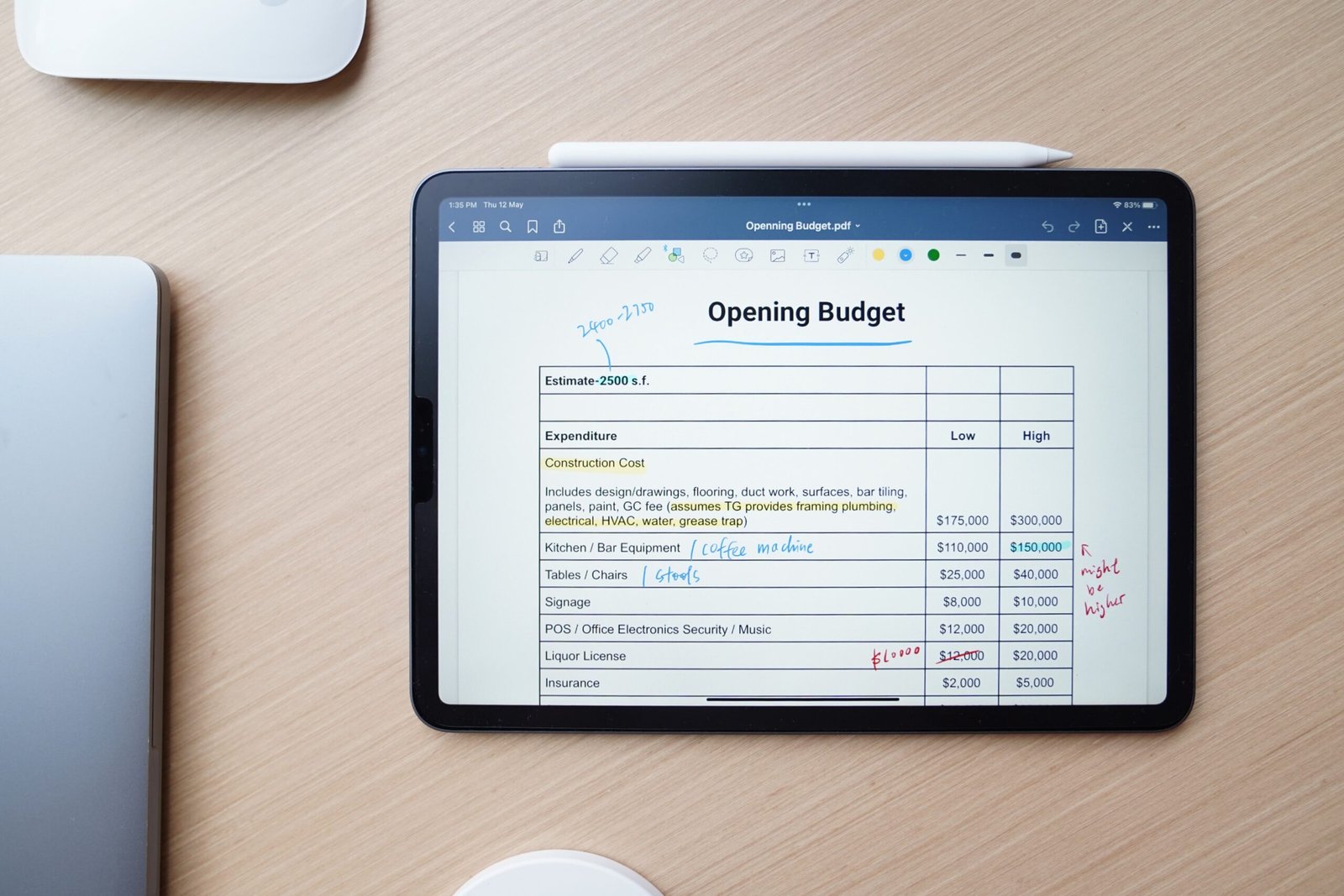Introduction
Financial stability is a goal that many individuals strive for. Living within your means and avoiding debt are essential steps towards achieving this goal. In today’s fast-paced and consumer-driven society, it can be challenging to resist the temptation of overspending and accumulating debt. However, with the right mindset and strategies, it is possible to take control of your finances and secure a stable future.
1. Create a Realistic Budget
A budget is a powerful tool that helps you track your income and expenses. Start by listing all your sources of income and then categorize your expenses. Be sure to include essential expenses such as housing, utilities, groceries, transportation, and healthcare. Allocate a reasonable amount for discretionary spending, but be mindful of overspending. Regularly review and adjust your budget as needed.
2. Minimize Unnecessary Expenses
Identify areas where you can cut back on expenses. Consider reducing discretionary spending, such as dining out or entertainment, and find more affordable alternatives. Look for ways to save on essential expenses, such as shopping for groceries in bulk or comparing insurance providers for better rates. Small adjustments can add up and make a significant difference in your overall financial health.
3. Prioritize Debt Repayment
If you have existing debt, prioritize paying it off as soon as possible. Start by making a list of all your debts, including credit cards, loans, and outstanding balances. Focus on paying off high-interest debts first while making minimum payments on others. Consider consolidating your debt or negotiating with creditors for better repayment terms.
4. Build an Emergency Fund
Unexpected expenses can quickly derail your financial stability. Establish an emergency fund to cover unforeseen circumstances such as medical emergencies or job loss. Aim to save at least three to six months’ worth of living expenses in a separate savings account. Start small and gradually increase your savings over time.
5. Avoid Impulse Buying
Impulse buying can lead to unnecessary expenses and debt. Before making a purchase, take a moment to evaluate whether it is a genuine need or a momentary desire. Consider waiting for a day or two before making non-essential purchases to avoid impulsive decisions. Additionally, research and compare prices to ensure you are getting the best value for your money.
6. Increase Your Income
If living within your means is a challenge due to limited income, consider exploring opportunities to increase your earning potential. This could involve seeking a promotion at work, acquiring new skills, or starting a side business. Increasing your income can provide more financial flexibility and help you achieve your goals faster.
7. Negotiate Lower Interest Rates
If you have outstanding debts with high-interest rates, reach out to your creditors and negotiate for lower rates. Many creditors are willing to work with individuals who demonstrate a genuine commitment to repaying their debts. Lower interest rates can save you money in the long run and accelerate your debt repayment journey.
8. Seek Financial Education
Expand your financial knowledge by seeking out educational resources. There are numerous books, podcasts, and online courses available that can help you improve your financial literacy. Understanding concepts such as investing, saving, and budgeting will empower you to make informed decisions and achieve long-term financial stability.
9. Surround Yourself with Support
Building healthy financial habits is easier when you have a support system. Surround yourself with like-minded individuals who share your commitment to living within their means and avoiding debt. Join online communities or local groups where you can exchange ideas, seek advice, and find encouragement on your financial journey.
10. Regularly Review Your Progress
Monitor your financial progress regularly to ensure you stay on track. Set specific goals and milestones to work towards, such as paying off a certain amount of debt or increasing your savings. Celebrate your achievements along the way and make adjustments as needed to continue improving your financial situation.
Conclusion
Living within your means and avoiding debt is a journey that requires discipline, patience, and perseverance. By creating a realistic budget, minimizing unnecessary expenses, prioritizing debt repayment, and building an emergency fund, you can take control of your financial future. Remember to seek support, continuously educate yourself, and regularly review your progress. With these strategies in place, you can achieve financial stability and enjoy a more secure and fulfilling life.
FAQs
Q: How long does it take to achieve financial stability?
A: The timeline for achieving financial stability varies for each individual. It depends on factors such as income, debt level, and financial goals. With consistent effort and adherence to sound financial practices, it is possible to make significant progress within a few years.
Q: Should I focus on paying off debt or saving?
A: It is advisable to strike a balance between debt repayment and saving. While paying off high-interest debt should be a priority, it is also essential to build an emergency fund to cover unexpected expenses. Aim to allocate a portion of your income towards both debt repayment and savings.
Q: How can I resist the temptation to overspend?
A: Avoiding impulse buying requires self-discipline and awareness. Practice mindful spending by evaluating purchases based on their necessity and long-term value. Set financial goals and remind yourself of the benefits of living within your means. Consider implementing a cooling-off period before making non-essential purchases.
Tips
– Automate your savings by setting up automatic transfers to your savings account.
– Track your expenses diligently using budgeting apps or spreadsheets.
– Consider seeking professional financial advice to optimize your financial strategy.
Remember, achieving financial stability is a journey, and small steps taken consistently can lead to significant progress. Share this article with others and encourage them to join you on the path to financial freedom!









